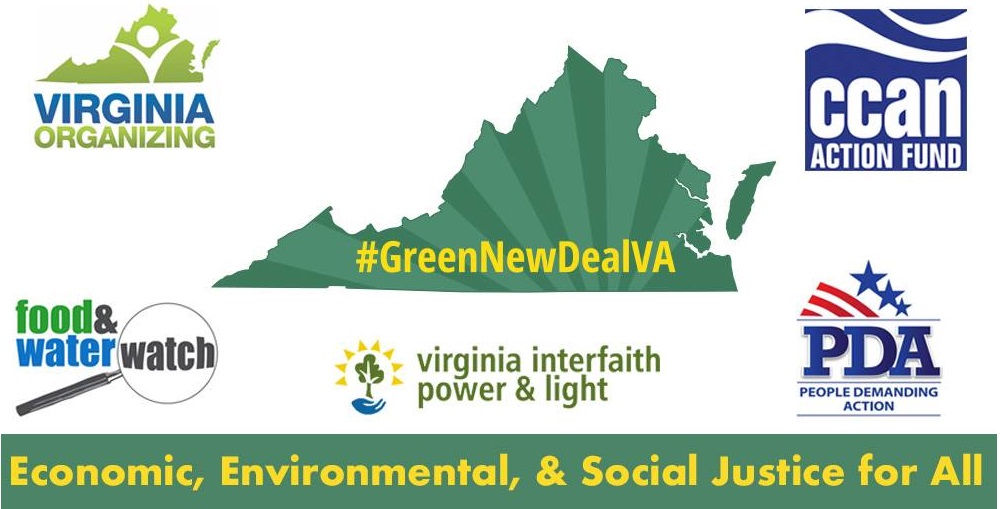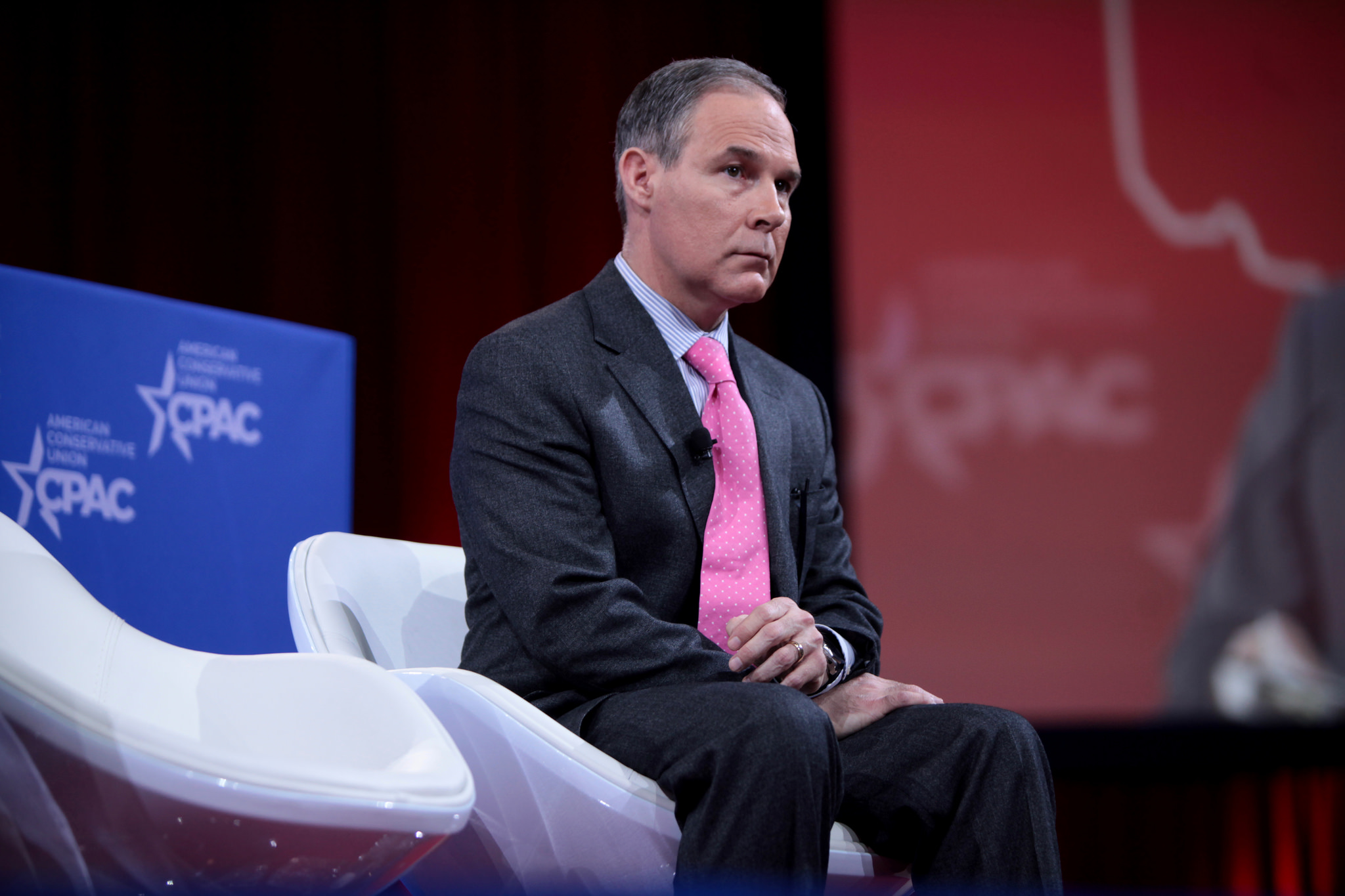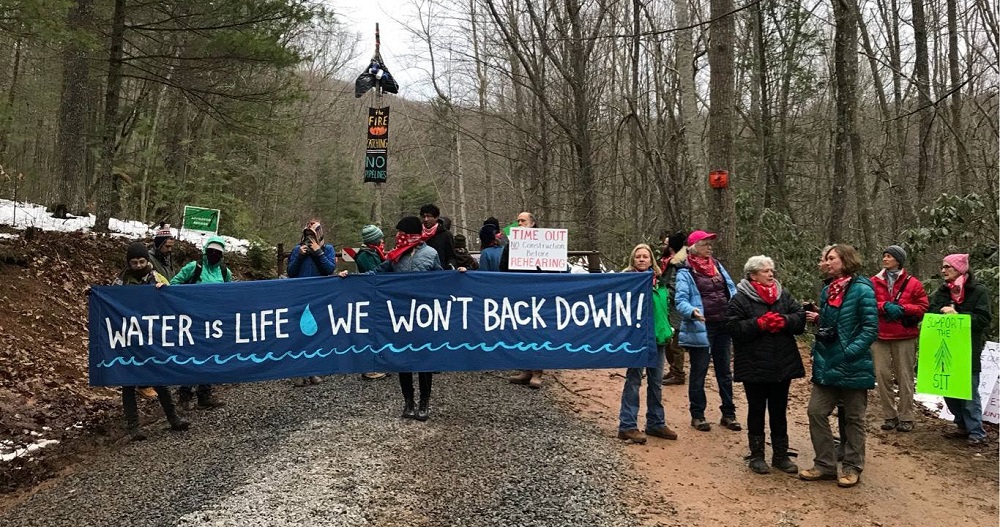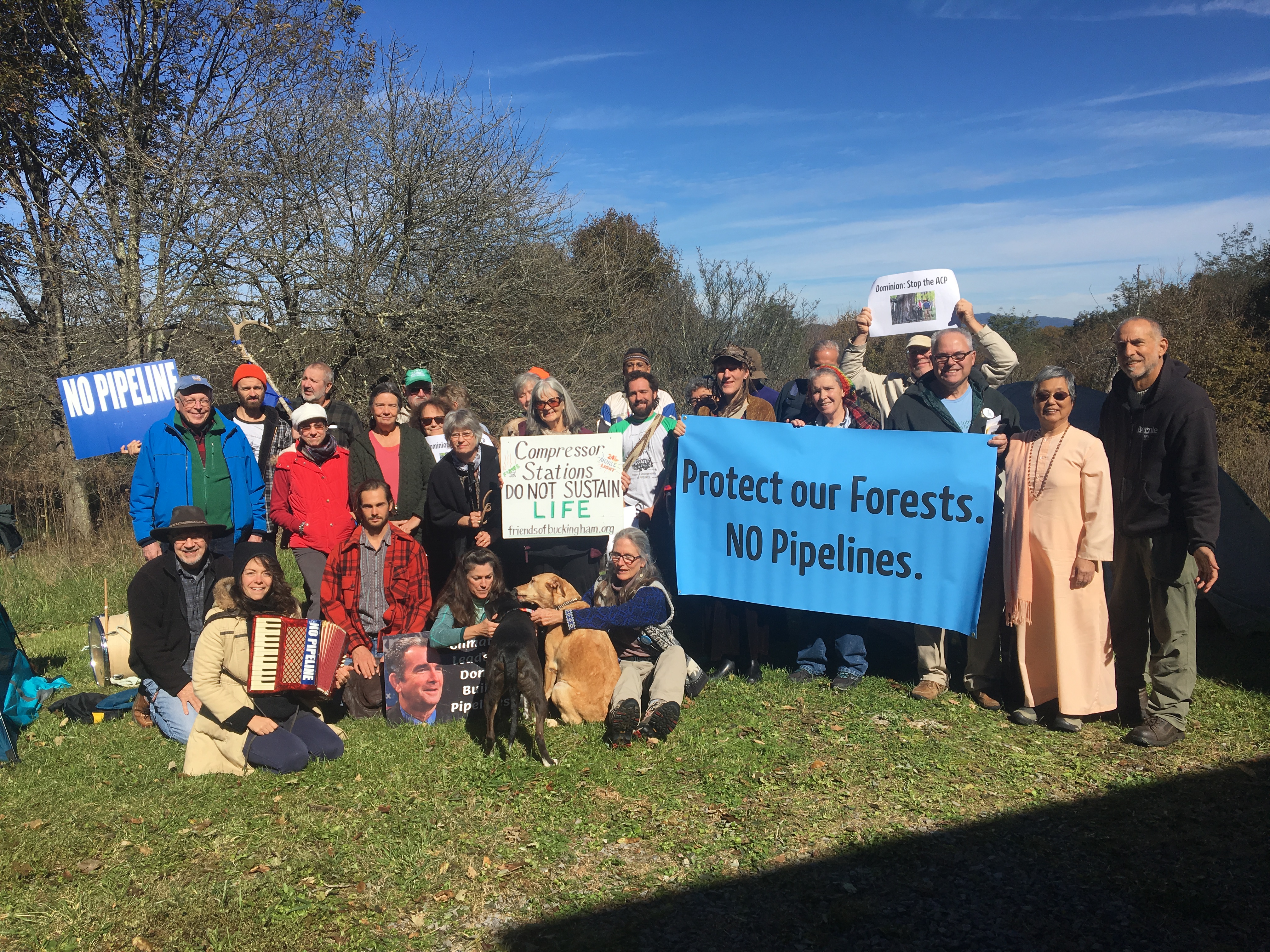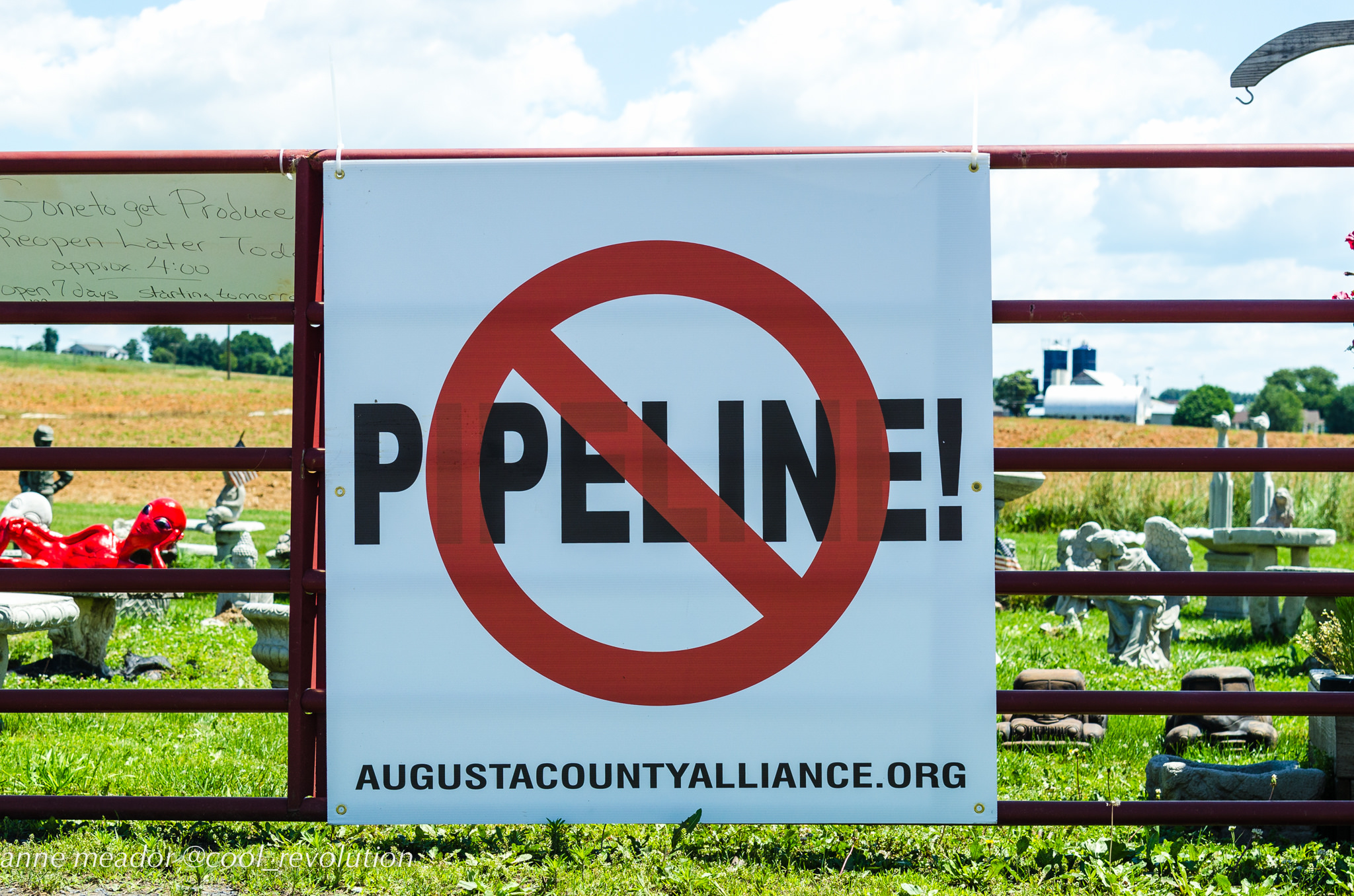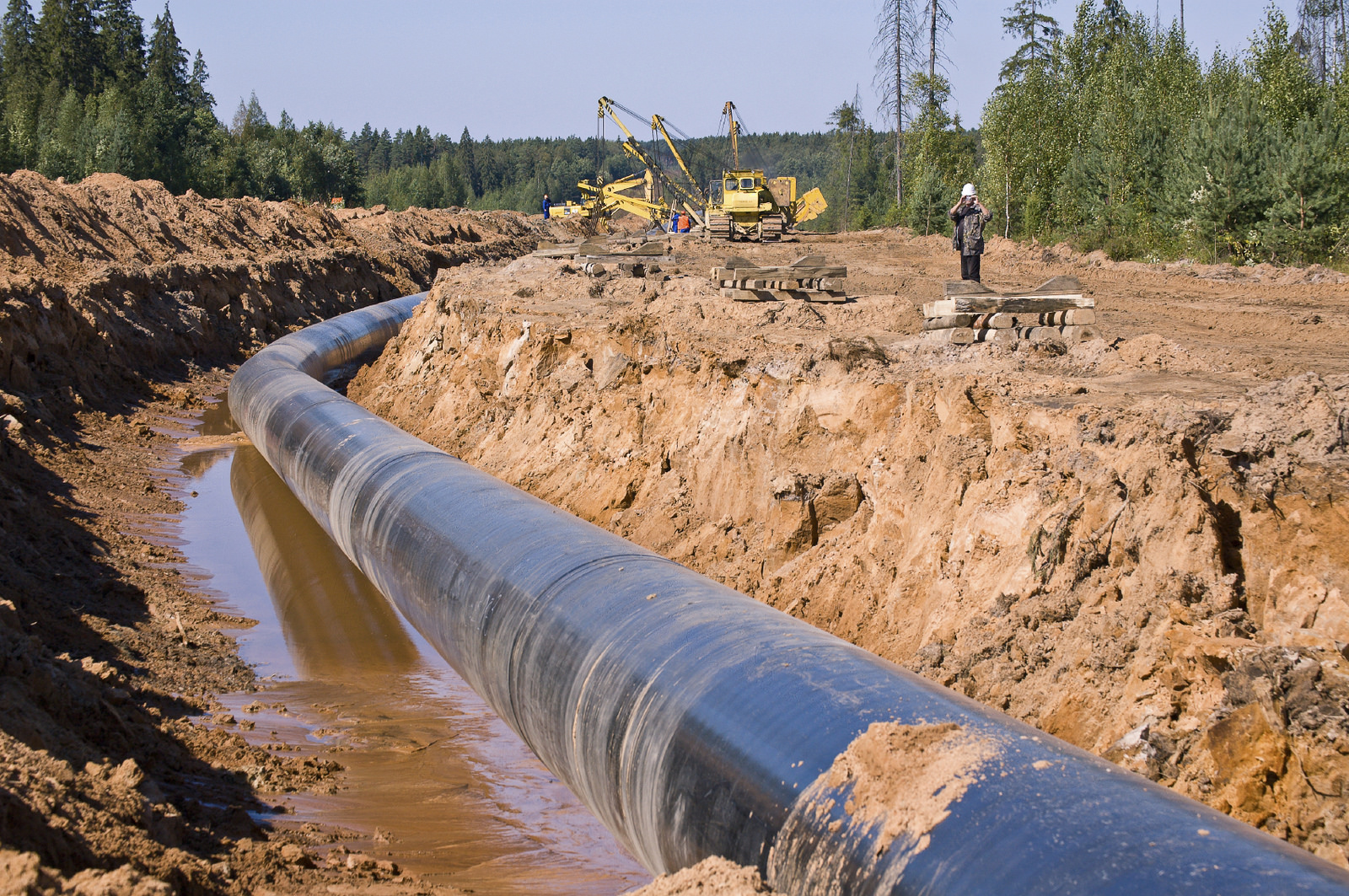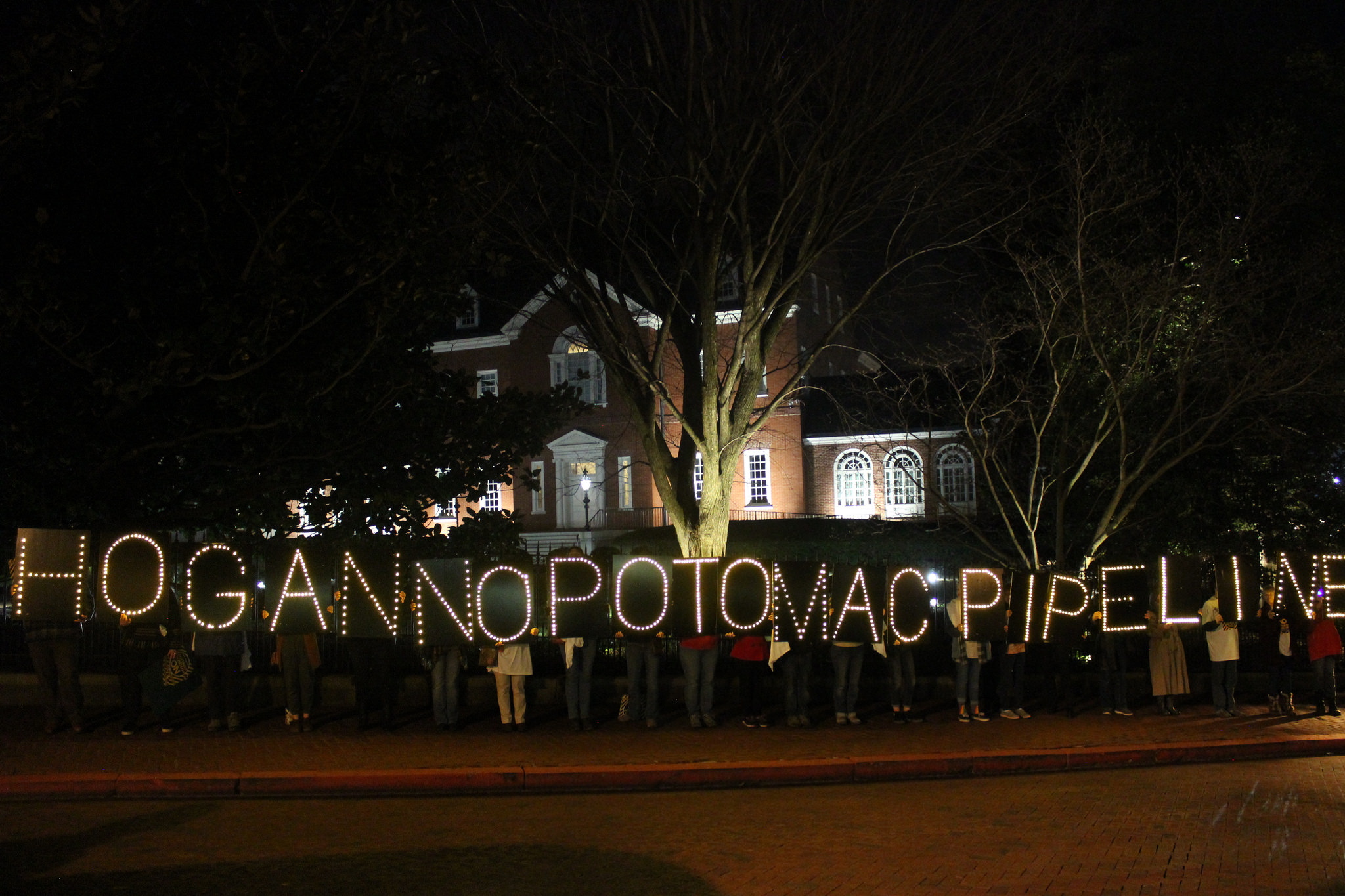Green New Deal seeks most diverse justice coalition in Virginia
ROANOKE, VA – Dels. Sam Rasoul and Elizabeth Guzman are partnering with the Sunrise Movement, NAACP-VSC, Sierra Club-VC, Virginia Organizing, Chesapeake Climate Action Network, Food & Water Watch, and a host of intersectional organizations to introduce Green New Deal Virginia. This coalition is breaking down silos around economic, environmental, and social justice issues which impact our Commonwealth and seeks to be the most diverse coalition for justice in Virginia.
“You cannot separate social, economic, and environmental justice issues,” said Delegate Sam Rasoul. “Virginia has the opportunity to make major strides in eliminating poverty and ensuring prosperity in the Commonwealth by creating tens of thousands of good paying jobs in clean energy.”
“Growing up in coastal Virginia, I saw how rising floodwaters tore apart our homes and communities,” said Dyanna Jaye co-founder and Campaign Director, Sunrise Movement. “No one should have to live in fear of losing the people they love or the places they call home. Virginia needs a Green New Deal. We all have a right to clean air, clean water, healthy food, good jobs, and a livable future. We’re encouraged by Representatives Rasoul and Guzman’s leadership and we look forward to working with them to ensure a Green New Deal for Virginia addresses climate change with the ambition demanded by science and justice.”
“The VSC NAACP is proud to be a part of the Green New Deal Virginia. Communities of color historically have had disproportionately less access to jobs and wealth creation opportunities in the energy sector and polluting facilities are far too often sited in communities of color,” said President Kevin Chandler, VSC NAACP. “We are pleased that the plan includes a sharp focus on eliminating poverty in Virginia by promoting large investments in renewable energy, tens of thousands of high paying green jobs, clean air and water and local-scale agriculture.”
“Investments in climate solutions are smart investments in our economy’s future. As we forge a clean energy-based, living economy together, it is our responsibility to avoid duplicating the inequities of the dirty energy past,” said Kate Addleson, Director of the Virginia Chapter of the Sierra Club. “The Green New Deal Virginia coalition stands for essential principles that align with the Sierra Club’s values, including providing access to affordable clean energy, protection of our clean air and water, and expanding opportunities and rights for workers and working families.”
“Virginia Organizing participates in environmental work, and in efforts like the Green New Deal, because climate change and pollution hurt all of us, especially low-income communities and people of color,” said Del McWhorter, Chairperson, Virginia Organizing State Governing Board. “Our environmental justice aims to stop targeted pollution, of which communities of color all over the Commonwealth always receive far more than their share.”
“We at the CCAN Action Fund are fighting for an equitable energy future where dirty fossil fuels are phased out and Virginia is powered by 100% clean energy. It’s time for the people of Virginia to write the rules, not energy monopolies like Dominion,” said Harrison Wallace, Virginia Director of the CCAN Action Fund.
“Green New Deal Virginia is the type of urgent and powerful clean climate movement our country needs and chief within the mission to stop climate change is deliberate action to transition our states off of fossil fuels,” said Jorge Aguilar, Southern Region Director, Food & Water Watch. “In Virginia, the OFF Act is core to this movement and moment of moral clarity. We’re ready to lead the way to renewable energy once and for all.”
“A Green New Deal gives us the opportunity to build clean, safe, renewable 21st century infrastructure and create tens of thousands of sustainable community jobs now and for future generations.” said Andrea Miller, Executive Director of People Demanding Action.
Policy themes of the Virginia Green New Deal include:
- A just and equitable100% renewables plan that leaves no workers or communities behind
- Direct large investments & job-training programs in renewables, building an energy efficient smart-grid, residential and commercial energy efficiency, and more
- Clean water and air for all Virginians
- Investments in local-scale agriculture in communities across Virginia
- Tens of thousands of high paying green jobs which would require strong enforcement of labor, workplace safety, wage standard, and the right to unionize
- Investing in and supporting farmers to expand sustainable locally sourced agriculture
- Transform Virginia towards clean energy self-sufficiency
- Creating a Commonwealth that provides for an equal opportunity for all communities to have clean air, water, and green energy
The Green New Deal Virginia Coalition will release a legislative agenda closer to the start of 2019 Legislation Session.

